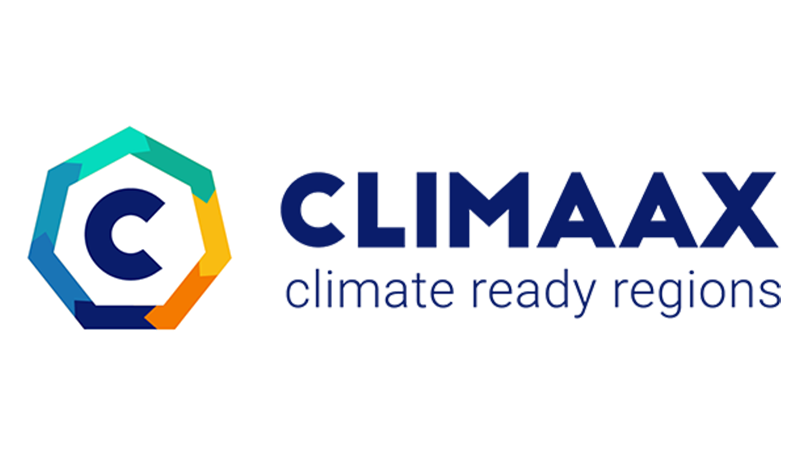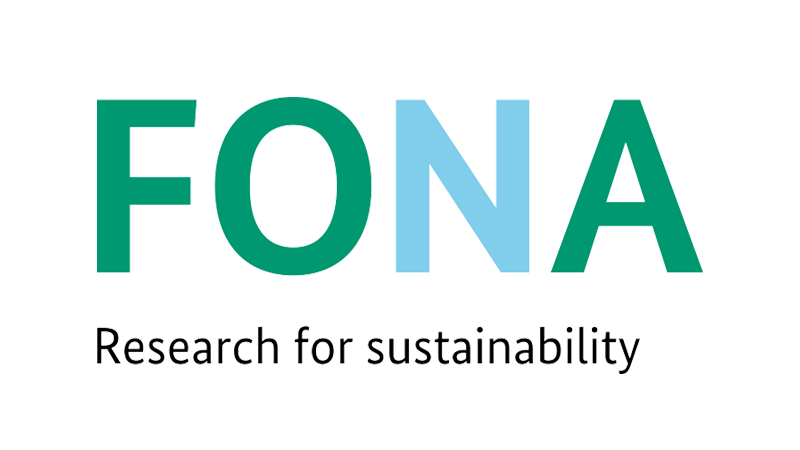Networking


PCP-WISE
The PCP-WISE project is all about pushing the boundaries of water management innovations to build climate resilience across Europe. Funded through the PCP instrument, this initiative enables public sector buyers to access cutting-edge R&D solutions reaching up to Technology Readiness Level (TRL) 8.

PROTECT
PROTECT aims to prepare the ground for and facilitate the undertaking of a joint, cross-border, coordinated PreCommercial Procurement in the area of climate change adaptation and mitigation to enable the up-scaling and wide use of climate services using environmental observation to respond to common needs in this area.

ClimateEurope2
A 54- month project to addresses climate services relevant to all sectors by developing -standardisation procedures and including criteria for certification and labelling, as well as the user-driven criteria needed to support climate action. This information will be used to propose a taxonomy of climate services, suggest community-based good practices and guidelines. Also supports a variety of activities for communities involved in European climate services will be organised.

CLIMAAX
A 4-year project to provide a standardized Climate Risk Assessment (CRA) framework built on current community experience and best-practices plus a Toolbox with data, models and utilities to provide access to European and global open data archives integrated with local data and procedures. CLIMAAX will provide an authoritative CRA, local data and evidence need to be integrated with established pan-European reference data and scenarios.

Regional information to support climate adaptation action
FONA, Germany
The funding measure RegIKlim is about integrating climate and socio-economic modelling approaches for supporting decision-making on local and regional levels. Test-beds are six demonstrator regions across Germany covering different scales (city scale to river basins), geographies (coastal, rural, urban, mountainous) and stakeholders (urban and regional admin, companies etc.). Hereon is coordinating the overall networking project, which aims to synthesise and integrate results and outputs from the demonstrators to support upscaling and transfer of result and thus, to increase impact.

Harmonia
HARMONIA provides a resilience assessment platform to help urban stakeholders understand and quantify Climate Change effects. Based on satellite and auxiliary data, the HARMONIA platform offers a user-friendly knowledge base, dispensing detailed information on local neighbourhood and street level. This supports local decision making and fosters a wide range of applications dedicated to climate adaptation and mitigation and focus on both manmade/natural and only manmade hazards as types of Climate Change effects.

SeBS
The ESA-funded socio-economic Sentinels Benefit Studies analyse and assess the benefits and impacts of Copernicus Sentinel data and derived operational applications in selected value chains including public authorities. The analyses focus on 6 dimensions of value (including economic, environmental, innovation/entrepreneurship, scientific, regulatory and strategic).

Pathways2Resilience
Pathways2Resilience is an EU-funded programme that will empower more than 100 regions and communities across Europe to co-design visions of a climate-resilient future. The programme will mobilise regional interest and progressively elevate the ambition and capability of regions. Locally-led Innovation Practice Groups engaging regions, local practitioners and citizens groups (with particular attention to vulnerable communities) and a climate finance lab will contribute to increase knowledge on existing innovative adaptation solutions and promote access to adaptation finance. Thanks to practical guidelines, tools, and hands-on training and mentoring, regions and communities will create transformative climate resilience pathways and innovation agendas. The development of transformative adaptation plans will be supported by 21 million euros in cascade funding, allocated through two public calls.

SPACE4Cities
The SPACE4Cities is a pre-commercial procurement project that creates replicable solutions, via smart use of European satellite data, for better and more dynamic management of urban space. The project has 3 main goals: (1) to help cities become more agile and resilient in order to save resources and combat new challenges caused by e.g. climate change and energy crises, (2) to advance the public sector modernisation by improving the understanding of the benefits of digital transformation and (3) stimulate the public sector in Europe to use space downstream products: data products and tools to support climate action and cities’ carbon neutrality goals.

